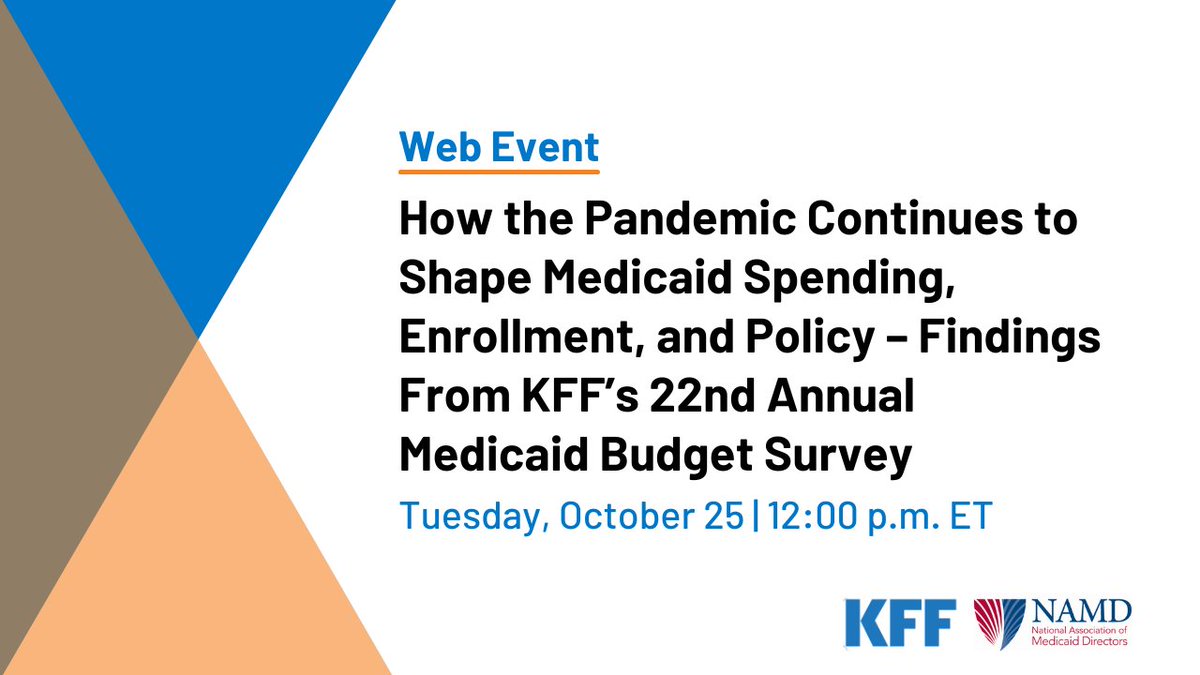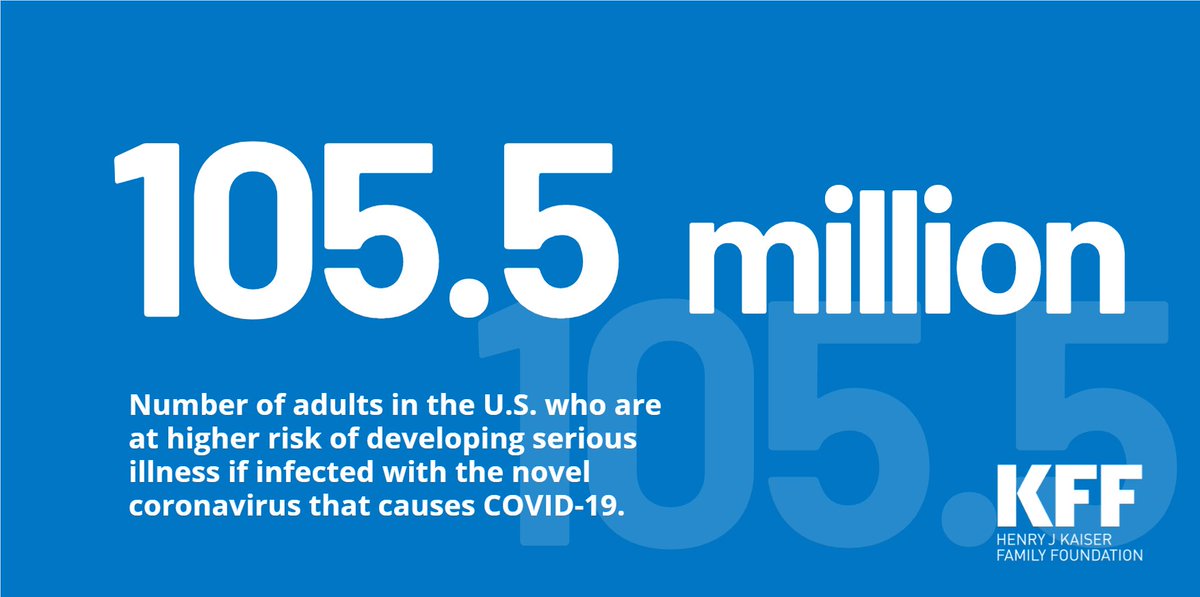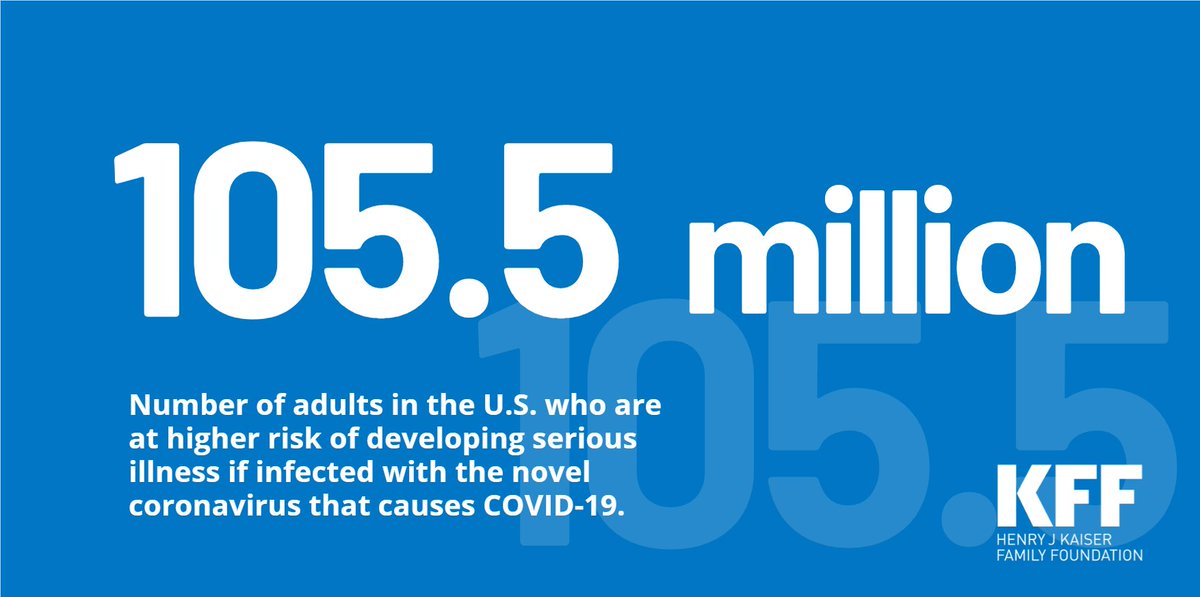
On #WorldAIDSDay, we recognize the fight to help end HIV and remember those lost to AIDS-related illnesses. Let’s explore a few of our resources about the U.S. response to the domestic and global HIV epidemics, which have persisted since the 1980s.
About 84 million people worldwide have had HIV since the epidemic’s start. About 1.2 million people in the U.S. are living with HIV. While overall new infections declined 73% between 1984-2019, almost 35,000 new infections occur each year. #WorldAIDSDay
kff.org/hivaids/fact-s…
kff.org/hivaids/fact-s…
Learn about the Ryan White Program for people with HIV, which provides outpatient HIV care, treatment, and support services to those without health insurance and fills in gaps in coverage and cost for those with insurance limitations. #WorldAIDSDay
kff.org/hivaids/fact-s…
kff.org/hivaids/fact-s…
More than half a million people in the U.S. received at least one support service through the Ryan White program in 2020. Most are people of color (74%). Half are gay, bisexual men, or men who have sex with men (groups hard hit by HIV). #WorldAIDSDay 

First enacted as an emergency measure, the Ryan White program has become a central component of HIV care in the U.S., playing a key role in the lives of people with HIV who have low and moderate incomes. #WorldAIDSDay
Looking ahead, the Ryan White program faces several issues that will be important to monitor, including future funding levels, the future of the Ending the HIV Epidemic Initiative (#EHE) and major changes to the health policy landscape. #WorldAIDSDay kff.org/hivaids/issue-…
The U.S. has been involved in efforts to address the global AIDS crisis since the 1980s. The creation of the President’s Emergency Plan for AIDS Relief (@PEPFAR) in 2003 marked a significant increase in funding and attention to the epidemic. #WorldAIDSDay
kff.org/global-health-…
kff.org/global-health-…
To date, @PEPFAR funding has totaled more than $110 billion, including funding for the @GlobalFund to Fight AIDS, Tuberculosis and Malaria. PEPFAR is the largest commitment by any nation to address a single disease in the world. #WorldAIDSDay
Our @PEPFAR resource hub curates policy resources from KFF, the U.S. government, and others that can be used to inform policy discussions and research. We add items to the hub periodically. #WorldAIDSDay kff.org/pepfar-policy-…
Explore our updated dashboard tracking @PEPFAR countries’ progress toward global HIV targets. It includes data for 54 countries where PEPFAR operates. #WorldAIDSDay
kff.org/interactive/kf…
kff.org/interactive/kf…
• • •
Missing some Tweet in this thread? You can try to
force a refresh












